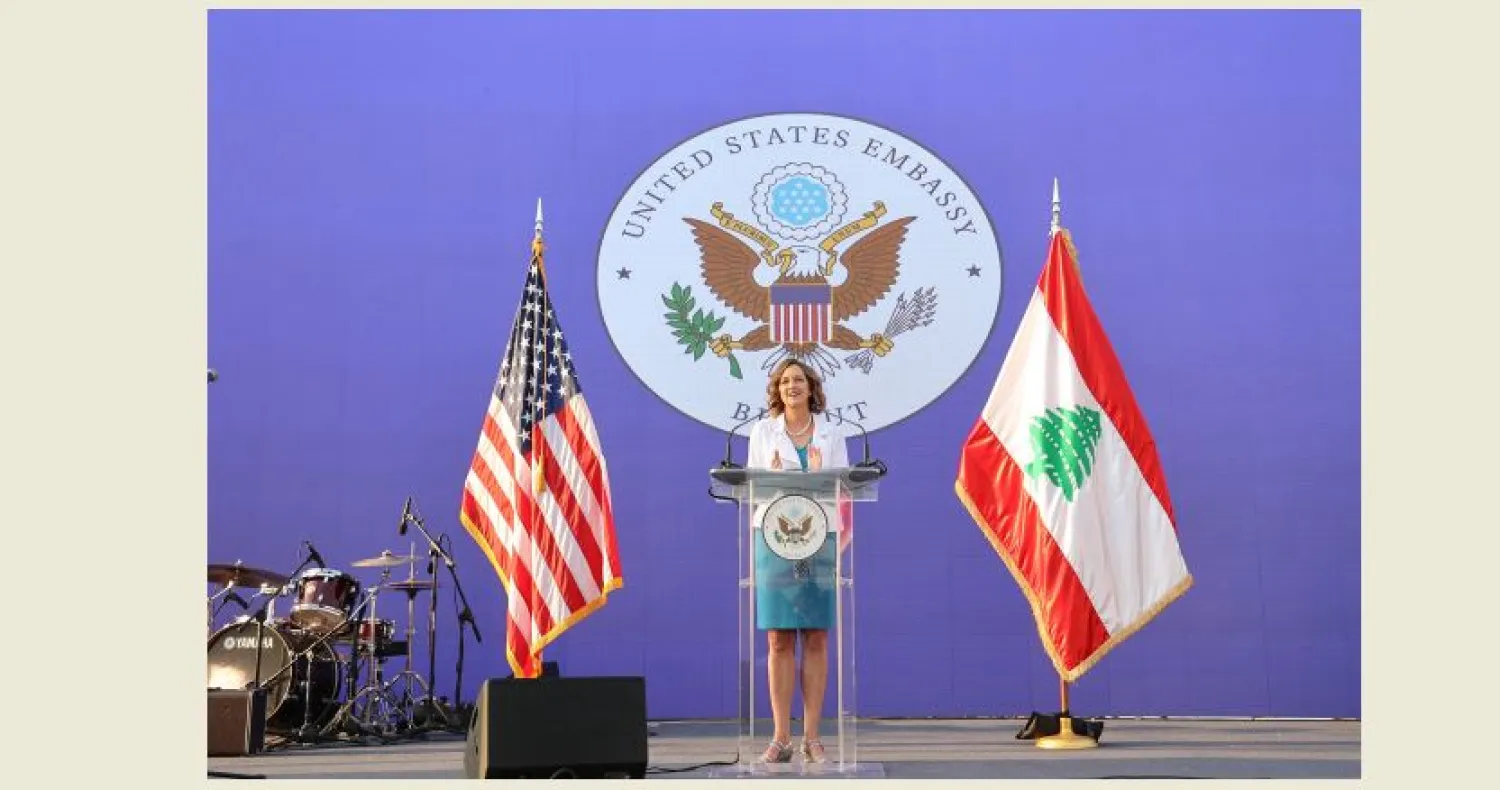Several embassies in Beirut, including the embassy of the United States, renewed their warning to their citizens not to travel to Lebanon, as Israeli threats are escalating.
On Thursday, France expressed its “deep concern” about the seriousness of the situation in Lebanon, pointing to a dramatic escalation of violence on the border with Israel, and calling on “all parties to exercise the greatest degree of restraint.”
Assistant French Foreign Ministry spokesman Christophe Lemoine said that France, which requests the implementation of UN Security Council Resolution 1701, remains “fully committed to preventing any risk of escalation on the Blue Line and reaching a diplomatic solution.”
This comes at a time when local and international efforts continue to prevent the expansion of the war in southern Lebanon. Caretaker Prime Minister Najib Mikati received a telephone call from Austrian Foreign Minister Alexander Schallenberg, during which he discussed the situation in the South and the region, and international efforts aimed at stopping Israeli attacks.
Mikati also chaired a ministerial meeting to review the government’s efforts to support the residents of the South, due to the ongoing Israeli aggression, and propose additional steps to cope with any emergency.
Meanwhile, the Minister of Foreign Affairs and Expatriates in the caretaker government, Abdallah Bou Habib, held discussions in Brussels with European Union officials, as part of a tour that comes as part of Lebanon’s efforts to reduce the escalation.
Bou Habib also met, at the European Union headquarters, with the ambassadors from the 27 EU countries in the Political and Security Committee, and discussed the current situation in Lebanon and the region and means to support the army.
On Thursday, the US Embassy renewed its call to its citizens to avoid traveling to Lebanon, reminding them that the Lebanese government “cannot guarantee the protection of US citizens against sudden outbreaks of violence and armed conflict.”
In remarks on Independence Day, US Ambassador Lisa Johnson said: “This is also a critical moment in the wider region. Conflict has gone on long enough. From President (Joe) Biden to every staff member of this embassy, we are focused on preventing further escalation and finding a diplomatic solution that ends the suffering on both sides of the border.”
She continued: “We need to resolve these conflicts, both in Gaza and on the Blue Line – quickly and with diplomacy. As Amos Hochstein said in Beirut just last week. This is both urgent and it is achievable.”
After information indicated that Russia, in turn, renewed its warning to its citizens against traveling to Beirut, the Russian ambassador was quoted as stressing that his country had not issued a new statement in this regard, but added that the notice, which was previously issued in October, was still in effect.
This comes after the Netherlands and Germany called on their citizens on Wednesday to leave Lebanon as soon as possible, due to the risk of escalation at the southern border.
Israeli Defense Minister Yoav Galant announced at the conclusion of a visit to Washington earlier this week that Israel “does not want war” in Lebanon, but it could return it to the “stone age” if diplomatic efforts fail.









